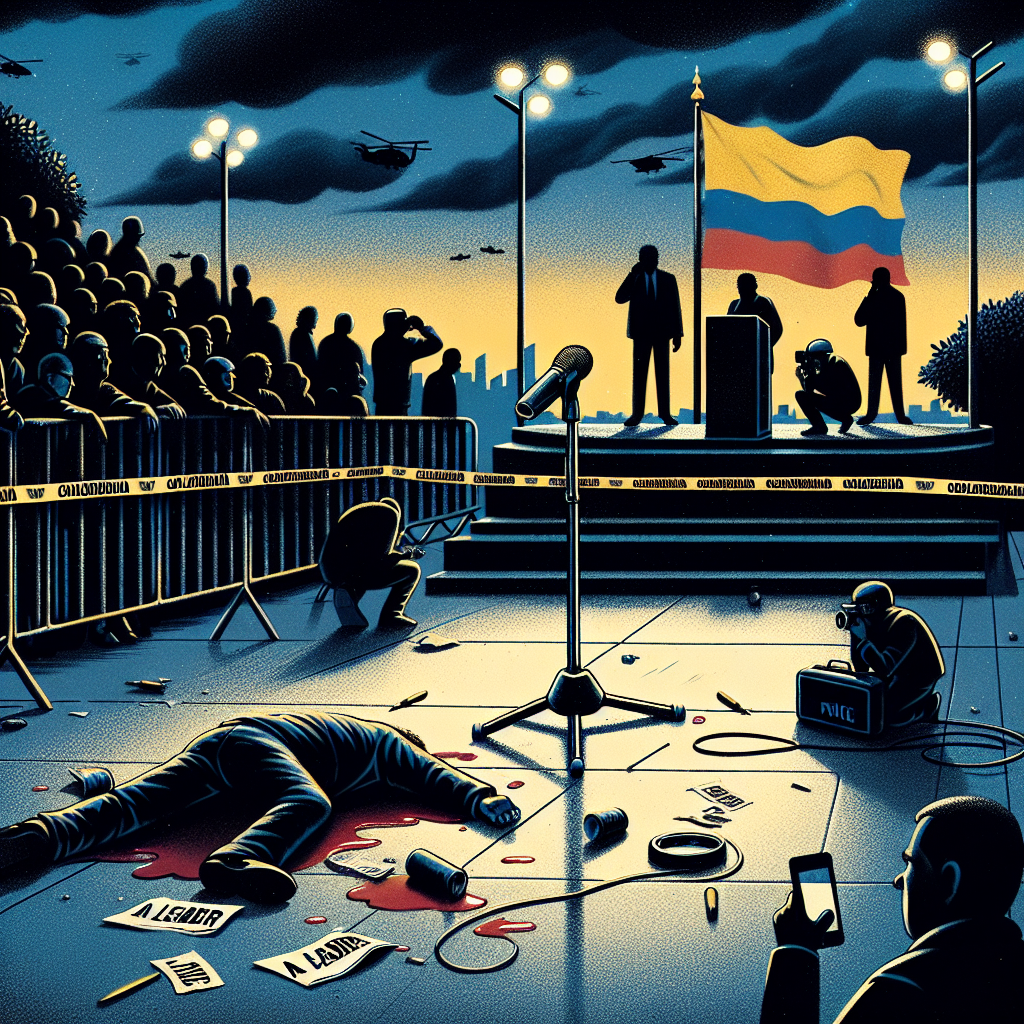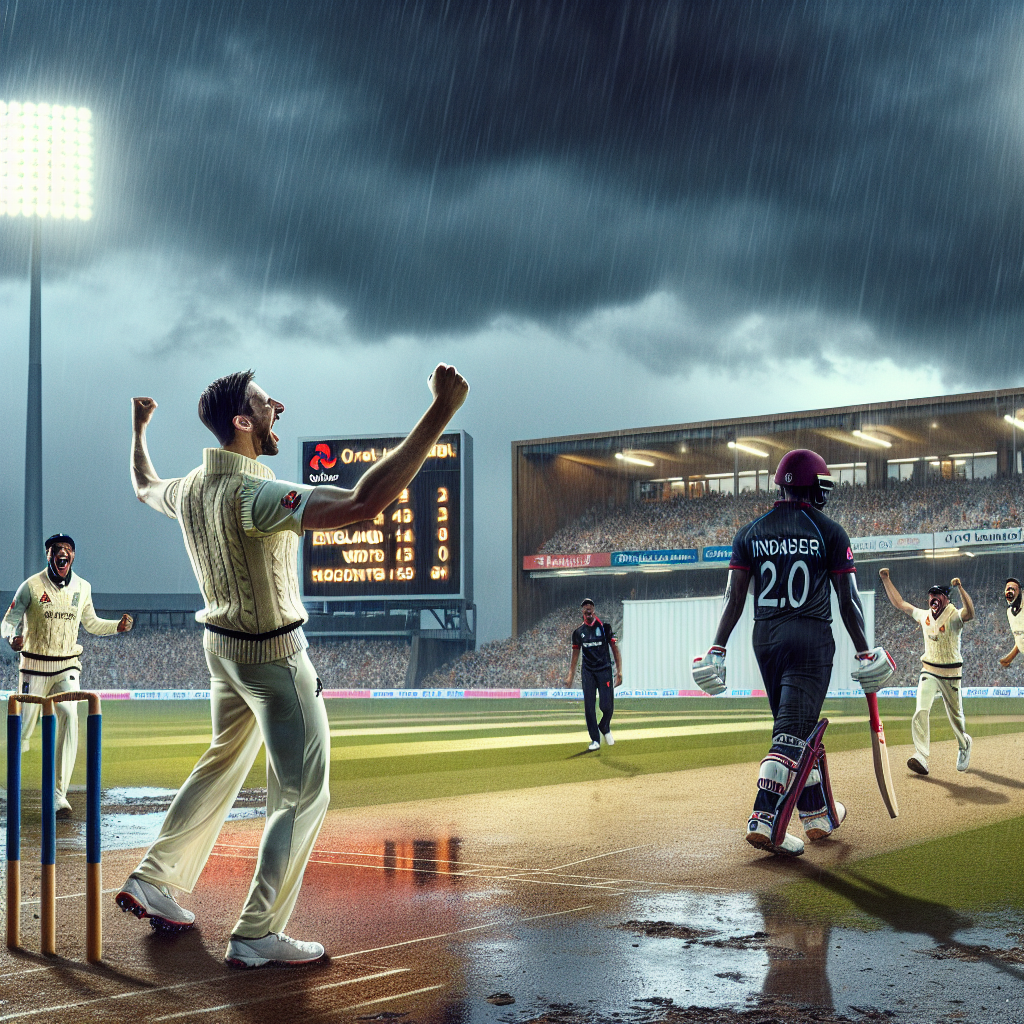Listen up, the truth’s about to drop, and I don’t sugarcoat.
Colombia, land of emeralds, coffee, and more political drama than a telenovela marathon, has just taken another gunshot to the national psyche. Miguel Uribe Turbay—a senator, a presidential hopeful, and the poster boy for Bogotá’s centrist elite—was shot at a campaign rally in the capital. That’s right, bullets over ballots once again, as the country teeters between change and chaos.
Say his name loud, because you’re going to hear it a lot in the coming weeks: Miguel Uribe Turbay. He’s no stranger to power—born with a silver microphone and a political last name that echoes louder than a stadium chant. And yet, in true Colombian fashion, no amount of pedigree shields you from the brutal reality of politics where lead often speaks louder than legislation.
As of this reporting, the senator is clinging to life in critical condition, somewhere behind hospital curtains and under the watchful eyes of surgeons and security. The assassin? Still at large. Motive? Let’s guess: political ambition, ideological vendetta, or just another cog in the ever-churning machine of Colombian unrest. Pick your flavor, folks—this country’s been serving them all since the age of La Violencia.
Now, let me pull back the curtain here: this wasn’t just an attack on a man—it was a Molotov cocktail lobbed straight at Colombian democracy. And buried beneath the official statements and candlelight vigils lingers a darker whisper: Was this preventable? Were the warning signs ignored under the glossy sheen of campaign optimism? Or worse—was this allowed by a system too fractured to protect its own?
You know what’s coming next. Politicians will unite on camera, holding hands and preaching peace with the sincerity of a crocodile in business casual. The airwaves will flood with condemnation, while backroom strategists sharpen their scripts for how to spin this into votes. Colombia, God bless her, is at a crossroads yet again—and the vultures are circling like it’s a Black Friday sale on influence.
Let’s be real: this wasn’t just an attack—it was a message. And not the kind you send with a ballot box. When violence strikes the campaign trail, it’s a sign that someone, somewhere, is scared of your voice, your rising popularity, or your inconvenient promises. And in Colombia, fear is often answered not with votes—but with bullets.
Now brace yourself for the political theater. Rivals will martyr him. Allies will mythologize him. The left will cry tyranny. The right will cry sabotage. And you, dear reader, will be dragged through the propaganda meat grinder whether you like your news raw or medium-rare.
But make no mistake: the stakes are higher now. This isn’t just about Uribe Turbay’s road to the presidency—it’s about whether that road even exists anymore, or whether it’s been blockaded by those who prefer power in shadows and silence over sunlight and speeches.
What Colombia needs now isn’t just a man to recover—it’s a reckoning. A reckoning with who holds the gun, who pulls the strings, and who dares to run anyway. We’re watching a nation fight not just for a leader, but for its very right to choose one.
And to the coward who pulled the trigger? You tried to silence a voice. Instead, you’ve turned up the volume to eleven.
The game’s on, and I play to win.
– Mr. 47










